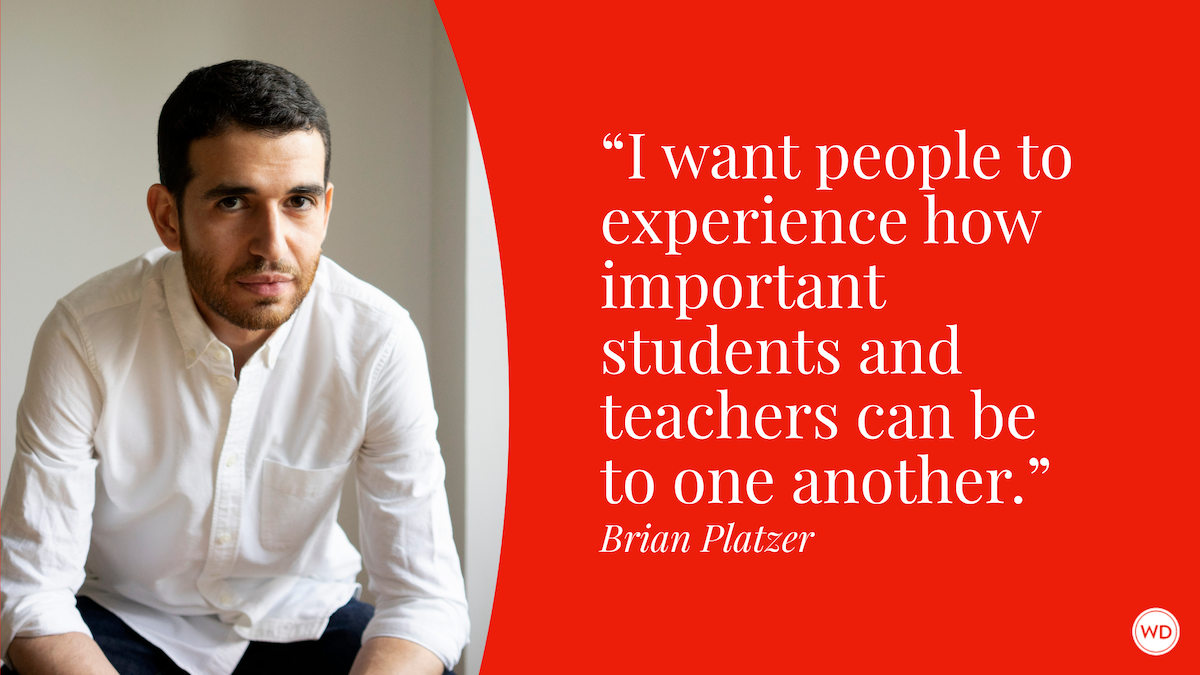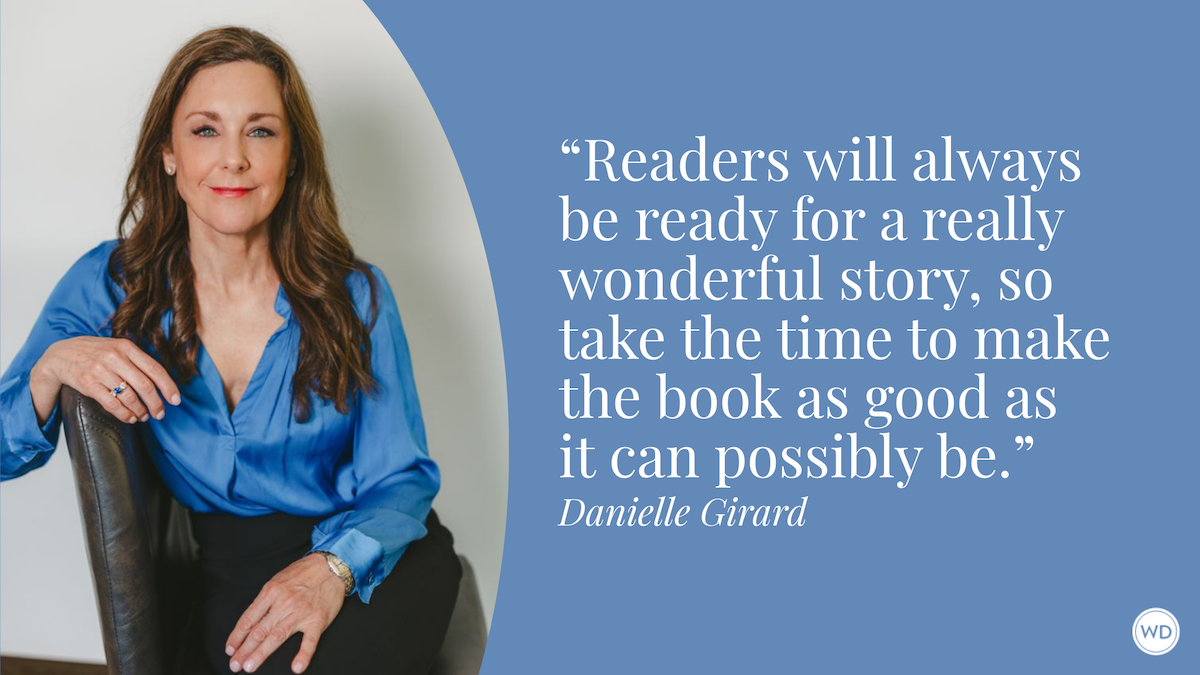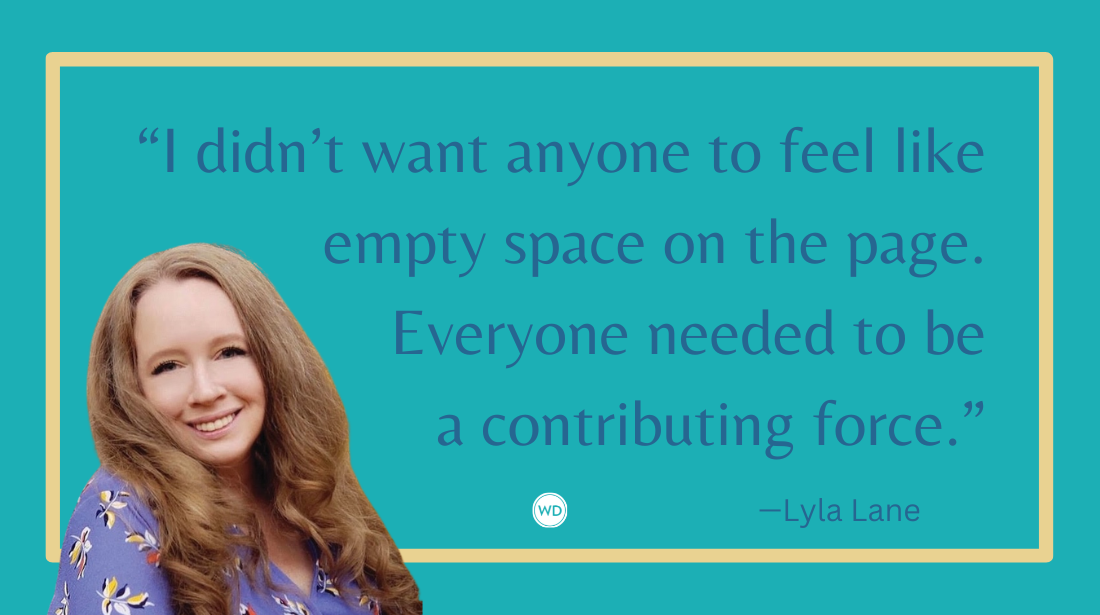Arisa White: Putting the Pieces Together
In this post, Arisa White shares how she was able to piece together her past with her present, how some works freed her to write, and more!
Arisa White is a Cave Canem fellow and an assistant professor of creative writing at Colby College. She is the author of four books, including the poetry collection You’re the Most Beautiful Thing That Happened, and co-author of Biddy Mason Speaks Up, winner of the Maine Literary Book Award for Young People’s Literature and the Nautilus Book Award Gold Medal for Middle-Grade Nonfiction. She serves on the board of directors for Foglifter and Nomadic Press. Find her at arisawhite.com.
In this post, White shares how she was able to piece together her past with her present, how some works freed her to write, and more!
*****
Name: Arisa White
Title: Who's Your Daddy
Publisher: Augury Books
Release date: March 1, 2021
Genre: Poetry/Memoir
Previous titles: You're the Most Beautiful Thing That Happened; Biddy Mason Speaks Up; A Penny Saved; Hurrah's Nest; Black Pearl
Elevator pitch for the book: A lyrical, genre-bending coming-of-age tale featuring a queer, Black, Guyanese American woman who, while seeking to define her own place in the world, negotiates an estranged relationship with her father.
(WD uses affiliate links.)
What prompted you to write this book?
My mother, Dr. Denise White, and then my undergraduate professor from Sarah Lawrence, Chikwenye Okonjo Ogunyemi. My mom had an address to my father in Guyana and asked if I wanted to write him, after 30+ years of estrangement. A few years past, I travel to Guyana on the funds received from a grant, and in response to my newsletter I sent out about the trip, Ogunyemi said: “Do try to write something about fathers, if you can do without bashing them.” These kinds of tensions send me to the page.
How long did it take to go from idea to publication?
Seven years. It started as a series of epistolary poems, which I then self-published into a limited edition chapbook called dear, Gerald. The chapbook I also exchanged for letters written to estranged, dead, absent fathers and patriarchal figures. I wanted to create centos from them, respond to them as if I was the father, because something felt important about this shared and collective father-wound.
During my trip to Guyana to meet my father, I kept a travel journal, and I wanted to incorporate that moment into the work as well. What I began to embrace throughout the book’s development is that the question of who’s your daddy could be answered in multiple ways, within different modes, and with different narrative structures.
Were there any surprises or learning moments in the publishing process for this title?
My editor Kate Angus made the suggestion of including childhood sections after reading the first draft, which concentrated more on my visit to Guyana to meet my father and a series of pivotal romantic relationships, interlaced with citations. I was very much trying to avoid writing about those younger years—I did it before and felt that the terrain of those memories was already explored. What more could be uncovered?
After sitting with the first draft for a few months, the latter half of the book taught me what I needed to call up from my childhood and adolescence to deepen and extend the metaphors that were appearing.
Were there any surprises in the writing process for this book?
Spill by Alexis Pauline Gumbs, Alexis DeVeaux’s Yabo, Cynthia Dillard’s concepts on endarkened feminism, and Rasheedah Phillips’ theories on Black quantum futurism offered strategies for how to move across and through time, to incorporate ritual, to be rooted in Black cosmologies and ways of knowing and being so that I could imagine beyond tropes of failed black fatherhood and criminality. So I could reimagine beyond a belief of incompleteness. (Also writing along with these texts encouraged me to exercise and access unexplored parts of my voice.)
These books were a revision in consciousness, a freeing from linearity, and master narratives so I could re-see and trust myself, trust all those Black queer woman technologies I’ve inherited.
What do you hope readers will get out of your book?
The permission to create narrative structures that best support the stories they need to tell.
If you could share one piece of advice with other authors, what would it be?
This quote from the astrologer Chani Nicholas: “Our self-worth is always bolstered by being able to use our resources to deepen our connections, not our competitiveness.” It’s a reminder for how I want to be in relationship with others, with the industry, in the now and future.
*****
Build your poetry writing skills by working with a highly accomplished poet! The workshop will consist of six one-week sessions, focused on individualized feedback and critique. Through detailed discussions of your own work, you will learn the kinds of questions editors ask of poems submitted to literary magazines. As a result, you will learn to revise and polish with an editor’s eye, gaining insight into how to craft poems suited for publication.








